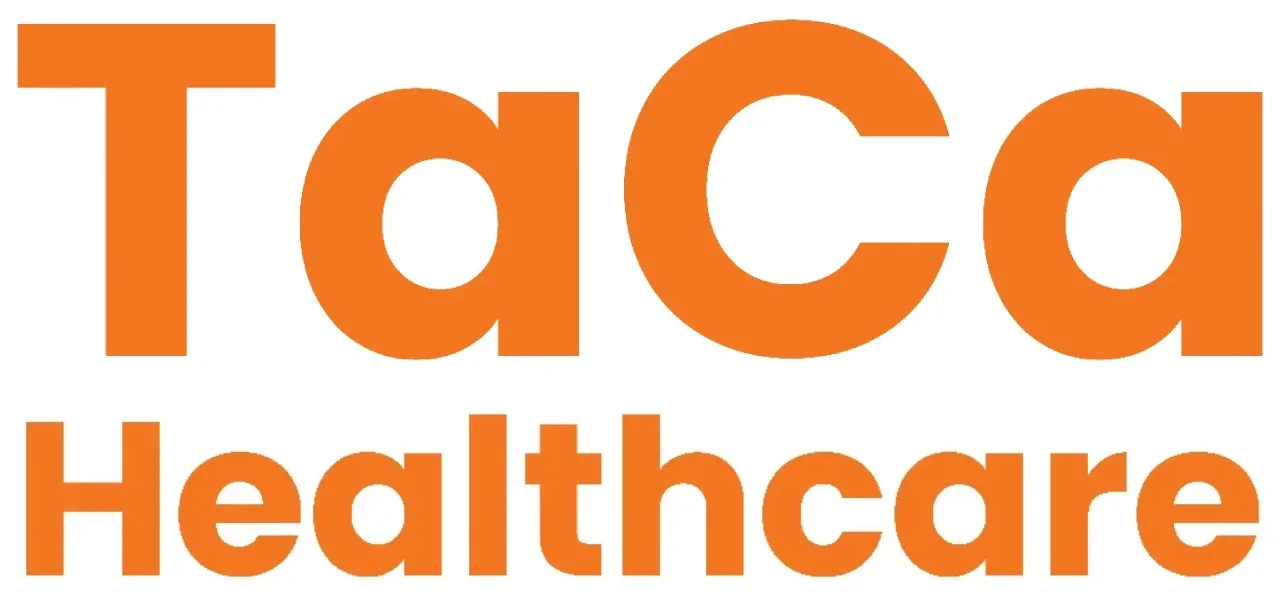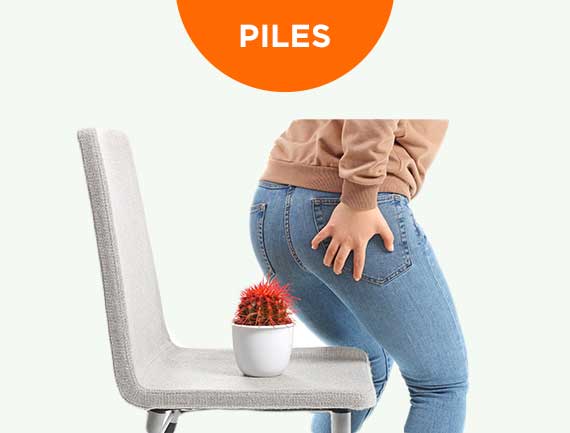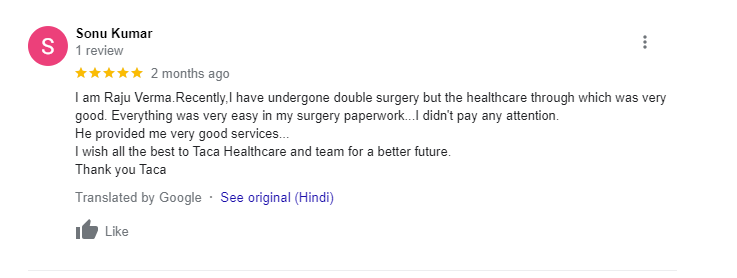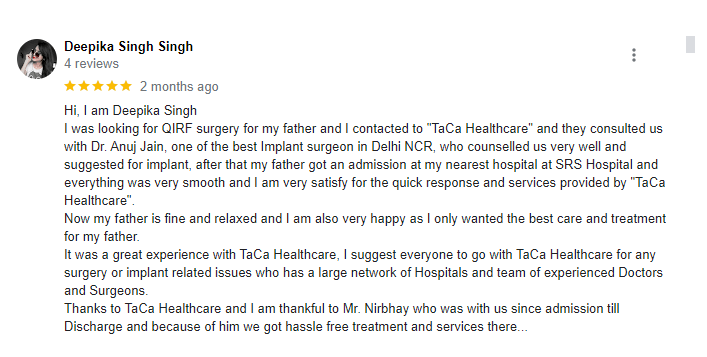Some common home remedies are:
Warm bath with Epsom salt: Adding tub bath and add epsom salt to the water. This will provide relief in pain.
Cold compresses: Apply ice packs or cold compresses to the anus to relieve swelling. For this, wrap ice inside a cloth or paper towel and do compressions for not more than 15 minutes at a time. Remember, don’t apply ice directly to the skin.
Witch hazel: Witch hazel is rich in tannins, a natural plant compound with powerful antioxidant properties. When applied topically, it can reduce both itching and pain. It’s also a natural anti-inflammatory, so it can also reduce swelling.
Aloe vera: It’s thought to have anti-inflammatory properties that might help reduce irritation.
Soothing wipes: Moistened wipes help keep you clean without causing further irritation.
Loose cotton clothing: Wear breathable cotton (especially cotton underwear) clothes to help keep the anal area both clean and dry.
Tea tree oil: May help relieve pain, itching, and discomfort. It also helps in fighting against bacteria that could otherwise lead to infections in damaged or irritated skin.
Coconut oil: Its antibacterial properties allow haemorrhoids to heal faster. Coconut oil may also aid in relieving constipation. You can take coconut oil for haemorrhoids by consuming it regularly or by applying it externally.















